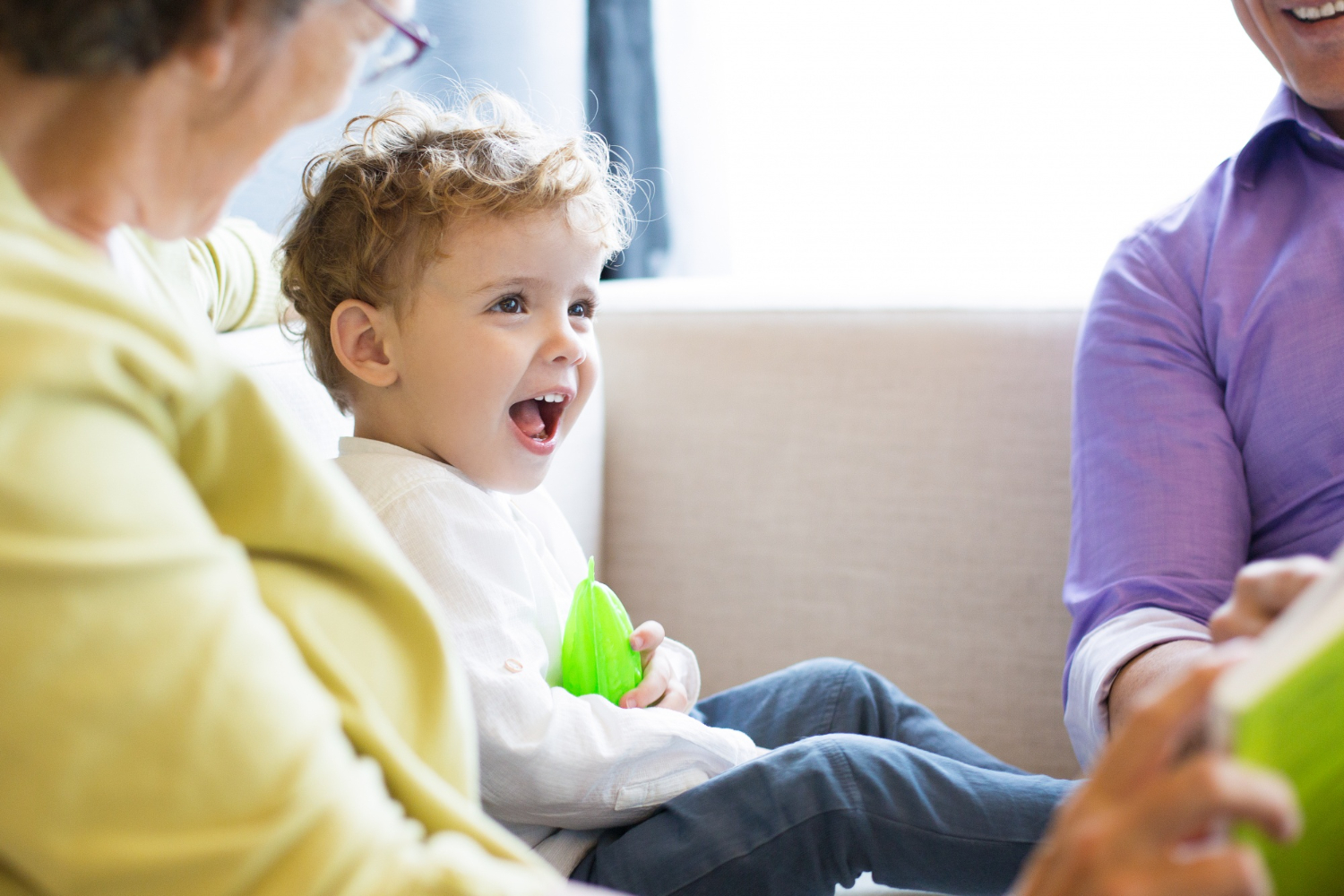
Hearing your child say their first words is an exciting milestone! But many parents wonder: When should my child start talking? And when should they start putting words together? Understanding typical language development can help you support your little one on their language journey.
By the time your child reaches their first birthday, you can typically expect them to say their first words. These might be simple words like “mama,” “dada,” “ball,” or “bye-bye.” At this stage, babies also use gestures, sounds, signs, etc. to communicate their wants and needs.
Around 18 months, many toddlers begin combining two words to express themselves, such as “more cookie,” “big truck,” or “bye-bye dog.” Their vocabulary is also growing (~20-50 words) by this time.
By age two, children usually start forming short phrases of two to three words, like “I want toy,” “big red car,” or “go park now.” Their vocabulary expands rapidly (~200 words), and they can understand even more. This stage marks a significant leap in communication and interaction.
Children develop at their own pace, but if you notice any of the following, it might be a good idea to check in with a speech-language pathologist:
Parents play a key role in encouraging language growth. Here are some simple ways to help:
If you’re concerned about your child’s speech development, early intervention can make a big difference. A expressive language can assess your child’s communication skills and provide guidance to support their language growth.
Every child develops at their own pace, but if you have any concerns, don’t hesitate to reach out. Supporting early language skills sets the foundation for strong communication in the future!
